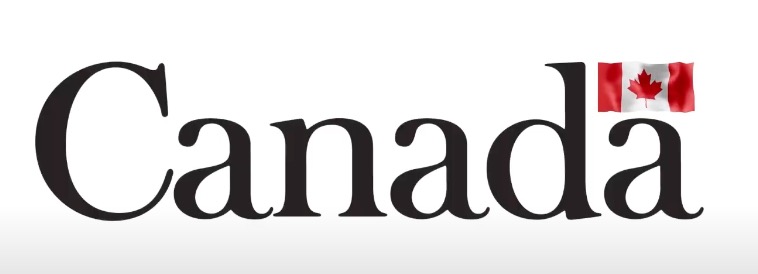
U.S. Readies Counterstrike vs Canada’s Digital Tax on Tech Giants
The U.S. could take retaliatory measures against digital trade if Canada proceeds with its proposed digital services tax (DST), warned David Cohen, U.S. ambassador to Canada.
Despite 138 countries deciding to delay similar measures, the Canadian Liberal government confirmed its intent to implement the tax on Big Tech by 2024.
In a conversation with National Post’s John Ivison, Cohen noted that U.S. Trade Representative Katherine Tai had previously cautioned Canada against the implementation of a unilateral tax. The retaliatory measures could involve digital trade, he stated.
The DST, anticipated to generate $3.4 billion over five years, is designed to target large companies operating online marketplaces, social media platforms, and those profiting from online advertising, such as Amazon, Google, Facebook, Uber, and Airbnb.
This tax was initially promised in the 2021 budget and would apply retroactively to 2022, making these companies liable for over $1 billion once implemented.
The Canadian DST is contingent upon whether a multilateral tax agreed by OECD countries is implemented by 2024. This would entail a global minimum corporate tax rate of 15%. However, last week, OECD countries agreed to delay plans for unilateral taxes by another year. Canada, along with Belarus, Pakistan, Russia, and Sri Lanka, did not support the delay.
Back in 2021, Canada agreed to delay the DST, but this time it’s forging ahead on its own, not following its partners. The delay was for two years from January 1, 2022. “In that event, the DST would be payable as of 2024 in respect of revenues earned as of January 1, 2022. It is our sincere hope that the timely implementation of the new international system will make this unnecessary,” said then-Finance Minister Chrystia Freeland at the time.
Cohen expressed optimism that Canada and the U.S. could resolve their disagreements on the matter without resorting to retaliatory trade measures.
Patrick Leblond, the CN–Paul M. Tellier chair on business and public policy at the University of Ottawa, suggested that while the U.S. might retaliate with traditional measures like tariffs on Canadian goods, there is no clear measure specifically targeting digital trade.
The agreement established by the OECD is aimed at curbing tax avoidance strategies employed by multinational corporations. Techniques like the ‘double Irish with a Dutch sandwich’, which allow profits to be moved to locations with low or no tax, have been utilized by companies including Apple. This deal aims to put an end to such practices.
This tax on Big Tech targets several large U.S. companies, amidst the Canadian government’s ongoing conflict with Google and Meta over the Online News Act. The repercussions of the U.S. targeting Canadian entities such as Shopify in retaliation remain unclear, with Leblond highlighting potential adverse effects on U.S. small and medium-sized businesses using the platform.


